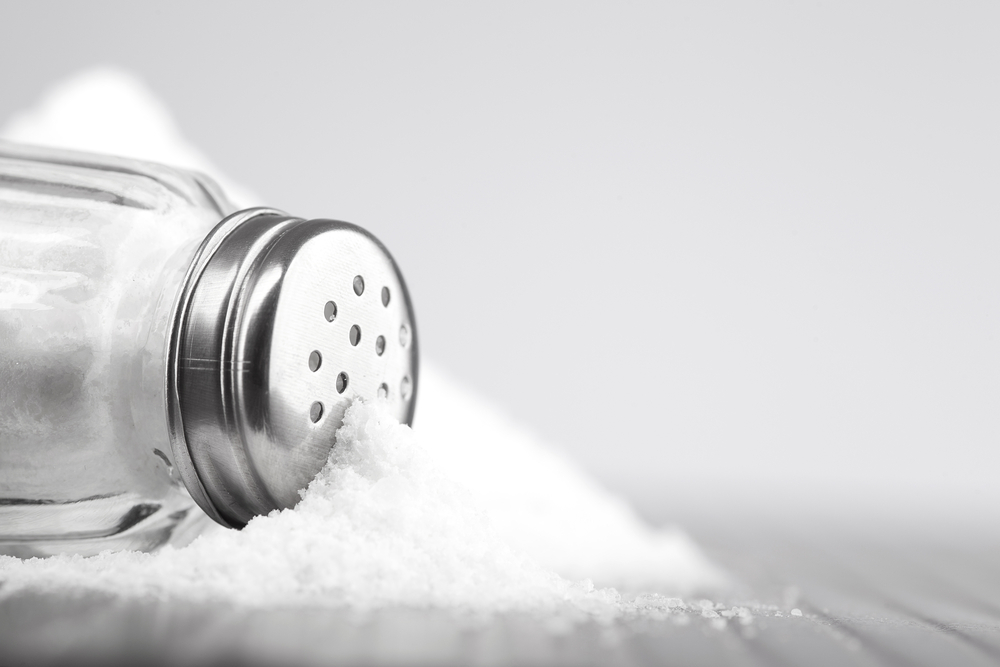#ACTRIMS2017 – High Salt Diet Seen as Potential Risk Factor for MS in New Study
Written by |

New evidence strengthens the link between a diet high in salt and multiple sclerosis (MS) development, researchers show.
The study, “Sodium Chloride Intake and MS,” was presented on Feb. 24 at the ACTRIMS) 2017 Forum being held in Orlando, Florida, by Dr. David Hafler with the Yale School of Medicine. The forum runs through Feb. 25.
Autoimmune diseases are a major health concern, affecting up to 50 million Americans, according to the American Autoimmune Related Diseases Association (AARDA). These diseases arise when the immune system (a complex network of special cells and pathways to defend against disease) starts attacking healthy cells.
MS, an autoimmune disease caused by both genetic and environmental factors, has witnessed an increase in incidence in Western populations.
“While the much of the genetic basis of multiple sclerosis has been elucidated, changes in environmental factors must ultimately be driving this increase,” Hafler wrote. To date, more than 200 variations in the human genome have been identified as drivers of MS.
Within the large number of cells in the immune system, a specific subset called Th17 cells, are known to play a key role in disease development in animal models of MS due to their pro-inflammatory actions.
Now, researchers presented data supporting the view that a high salt diet, commonly found in Western diets, boosts the number and maturation of animal and human Th17 cells.
They pinpointed a specific pathway, the p38/MAPK pathway, as a mediator of high salt-induced Th17 cell development. By using either drugs that inhibit specific components of the p38/MAPK pathway, or tools that specifically “silence” the expression of genes important in this pathway, the team was able to block Th17 cell development under high-salt conditions.
Researchers confirmed the highly pro-inflammatory profile of high salt-induced Th17 cells, which resulted in increased production of pro-inflammatory cytokines, including granulocyte-macrophage colony-stimulating factor (GM-CSF), tumor necrosis factor (TNF)-alpha, and interleukin (IL)-2. Cytokines are small secreted proteins that play a key role in immune cell communication and responses, and stimulate the movement of immune cells toward sites of inflammation, infection and trauma.
Overall, these results support the view that an “increased dietary salt intake might represent an environmental risk factor for the development of autoimmune diseases,” Hafler concluded, adding that “Clinical trials are now being performed at Yale to examine how dietary salt influences immune responses.”


